Rolling The Dice
Casinos: the flashing-light fantasy of cascading quarters, the thrill of chance dancing around a wheel, the ecstasy of hauling in newly won chips; the hunched backs of slot machine junkies, the dejection of “22, player busts,” the empty wallets of the down-on-their-luck. Two sides of the same coin, but it’s the former that gambling pushers wish to sell. Especially when Toronto is being courted for Ontario’s next casino.
Indeed, gambling is a sizable cash cow for governments. The seedy underbelly is ideally avoided, hence the euphemism “gaming.” But Ontario is cash-strapped, drowning in a nearly $12-billion deficit of red ink. Gambling has become a lifejacket and addiction, a means of income — of escape — too substantial for the province to wean off of it. The Ontario Lottery and Gaming Corporation (OLG) and Las Vegas powerhouses alike are attempting to woo Toronto. The prize: the potential gambling dollars Canada’s biggest metropolis could generate.
In the past few months, Toronto has entertained propositions for an “urban integrated casino” at the Metro Toronto Convention Centre (MTCC) from Caesars Entertainment; a similar pitch for the MTCC by The Las Vegas Sands Corp.; and, more recently, a three-million-square-foot “integrated resort” at Exhibition Place by MGM Resorts International. The MGM pitch, for example, dangled an investment of $3 billion to $4 billion, a 1,200-room hotel, 10 restaurants, 750,000 to one million square feet of retail, 12,000 underground parking spaces, a permanent home for Cirque du Soleil and permanentemployment for upwards of 10,000 and more than 5,000 construction jobs during the proposed three-year construction period. These job prospects have been a pillar for casino advocates, which include Toronto mayor Rob Ford. Jobs, of course,mean revenue.
The money on the string twitches.
Gary Loveman, CEO of Caesars Entertainment, spun the economic benefits of a Toronto-based casino to the Economic Club of Canada last November. “The exciting element of this is the addition of new tourism and the new dynamic for Toronto,” he said. The immense income from said tourists will benefit not just casino and municipal government, but local businesses — restaurants, retail, entertainment, etc. — as well.
In a recent citywide analysis, Ernst & Young estimated Toronto could see increased annual economic activity of $640 million if an “Integrated Entertainment Complex” was erected in the Port Lands, Exhibition Place or downtown. The score seems too sweet to ignore.
The almighty dollar, forked over by an influx of outsiders, is the linchpin of casino proponents’ arguments. It’s all so tempting, packaged innocuously, framed by rose-coloured glasses, topped with a bow of cash. But many smell a bad deal.
Mike Layton, for one, has remained fiercely outspoken on the issue. The Toronto city councillor not only feels these revenue numbers are exaggerated, but that a casino would suck money out of the local economy — money that would have been otherwise spent at local businesses; handicap the local arts scene, as artists will now have to compete with the casino’s “subsidized entertainment”; paralyze the city’s transportation networks; attract organized crime; and greatly increase the prevalence of problem gambling within the city, which, as the Toronto medical officer of health noted in a technical report last November, could double from 11,000 to 22,000 people. Any benefit would be crushed by tribulations. “I haven’t met many supporters of the casino that aren’t casino proponents, people that stand to make hundreds of millions of dollars, billions of dollars, off the residents of Toronto,” he says. “Let’s not beat around the bush: that’s what a casino does, it takes money from people and puts it in the pockets of corporations.”
And in many ways, it’s true. Casino games are strategically designed to give the casino the advantage, the “house edge,” as it’s known. Players may experience short-term victories (you may win during one sitting), but long-term, the casino wins every time. For the vast majority, this may seem obvious. But as Nigel Turner, independent scientist in the Social and Epidemiological Research Department at the Centre for Addiction and Mental Health, explains, humans struggle to fully grasp probability. “People have myths about how these games work,” says the assistant professor in the Dalla Lana School of Public Health at the University of Toronto. “They systematically misunderstand the nature of the game. They do not understand random chance.” He uses the example of flipping a coin.
If the coin lands heads five times in a row the natural inclination is to expect tails to come up. Past outcomes, however, have no bearing on the probability of the next flip. “But human nature is such that the way humans think assumes it’s unlikely to have six heads in a row, so therefore there’s less of a chance that heads will come up again.”
This, tragically, is often the rationale of the gambling addict. And it doesn’t end with probability. Anticipating a win after a long cold streak, the weird vibes coming from the player beside them, second-guessing decisions (“I was thinking red, but went black and red came up. Should have stuck with my gut!”) and, of course, plain old bad luck — the many ways a gambler rationalizes their continued playing. “The fact that they’re gambling in the first place is an incorrect choice, mathematically speaking,” Turner says. “If you go in there to have fun, losing money, that’s fine. But that’s the reality of a casino: they’re designed to take your money away. And they do it well.”
According to Bill Thompson, professor emeritus at the University of Nevada in Las Vegas and known expert on gambling and casinos, where the money is coming from and where it’s going should be a legitimate concern. In Las Vegas, a city with a metro population of two million, there are enough locals to support four casinos. It has more than 100. The city has no choice but to bring in gamblers — why, Vegas is built purely for tourism. With a metro population of over 5.5 million, Toronto, a city of culture and commerce, on the other hand, won’t even be served by a single casino. “You’re going to have a profit margin of probably 10 per cent of the gambled money. And you just said MGM — they are not a Toronto corporation, they’re not even a Canadian corporation. They’re very American,” he says. Meaning a hunk of that Canadian cheddar will be headed south of the border. “Right now, I would say it’s a negative for the area, unless I saw some sort of marketing plan that would say this casino is going to bring [tourists] in like no other casino has before.”
Thomas Klassen, York University associate professor and author of Casino State: Legalized Gambling in Canada, believes state-run gambling is problematic in and of itself. When governments are looking to boost income, like they did in the ’90s when casinos were legalized in Ontario, gambling is often an attractive option. “Governments don’t like to increase taxes because that gets people all upset,” he says. “But the beauty of gambling, for governments, is that we’re free to not gamble.” We’re merely coaxed to put our dollars at stake. Watch any commercial, scan any ad; gambling is always targeted at the average Joe. It’s depicted as a means to manifest dreams, to escape financial hardships. All you have to do is play. Gambling, then, becomes a means of taxation on lower income. For Klassen, this would be fine if done by a private company. But by the government? “I think the government has an obligation to take care of people who are unhealthy, has an obligation to educate people. I don’t know where the obligation comes from to encourage people to gamble.”
While criticisms of a Toronto casino are plentiful, OLG is quick to remind us of the economic benefit gambling has already brought to the province. Since it was established in 1975, OLG has funnelled over $36 billion into Ontario. This money, as recent OLG commercials have made clear, helps fund schools, hospitals and community centres. When it comes to a casino in Toronto, OLG is taking a soft approach. “We’re saying we really want Toronto to say they’re a willing host,” OLG spokesperson Tony Bitonti makes clear. Bitonti explains that OLG isn’t interested in forcing a casino on any community. In Toronto, the venture will be a joint mission between the city, OLG and the private sector. The “integrated entertainment-gaming facility,” as the euphemism goes, will be a far cry from the just-get-the-people-in “old business models” of Atlantic City and Las Vegas, where pharaonic gambling forums dominate the skyline. Toronto’s facility will be similar to the Crown Casino and Entertainment Complex in Melbourne, Australia, fitting within the community economically and visually, providing both revenue and jobs, which will range from $40,000 to $70,000 per year and provide benefits as well, says Bitonti. “Our bottom line is that we’re a $7-billion revenue-generating business between lottery and gaming. Our profit is $2 billion, and that profit goes to the Province of Ontario for health care and community infrastructure. And that’s been about consistently for the last five, six, seven years.”
Toronto councillor Mark Grimes feels much of the fear is unwarranted. Gambling is readily available and a casino is already here. “I’m just saying, let’s not bury heads in the sand,” he says. “If people go up to Woodbine right now, they can bet on the horses and they can play slots. I don’t hear all these problems coming out of there.” While there are plenty of issues still to be worked out regarding location, transit, social concerns and such, Grimes feels we should not take the matter off the table out of trepidation. “If you’re an alcoholic, you’re going to be the guy that it’s your fault. If you’re a problem gambler, it’s the casino’s fault. Why aren’t we closing down the LCBO, then?”
Grimes’s point is grounded. We support one vice, drinking, while crying foul over another, gambling. We are all autonomous beings, free to make our own decisions. Putting money on the table is a choice made by the gambler and no one else. Just like no one but the drinker presses the glass to his/her lips. But there is a difference between allowing gambling and encouraging it. It’s a fine line to walk — a slippery slope, as they say.
Toronto city council has pushed the casino vote to April. If the vote is no, OLG has named several other GTA communities as possible locations for the casino, Vaughan being one of them. Vaughan mayor Maurizio Bevilacqua explains how the city’s staff is currently assessing the issue, including social and economic concerns, and that any decision will be one with residents’ and businesses’ best interests in mind. “An integrated entertainment-cultural complex with gaming facility project would only proceed if there is broad-based support of the project by the citizens of Vaughan and the social and economic implications of such a project are thoroughly researched,” he says over email.
But Vaughan will cross that bridge when it gets there. Until then, the matter falls on Toronto city council. The only question: will they roll
the dice?
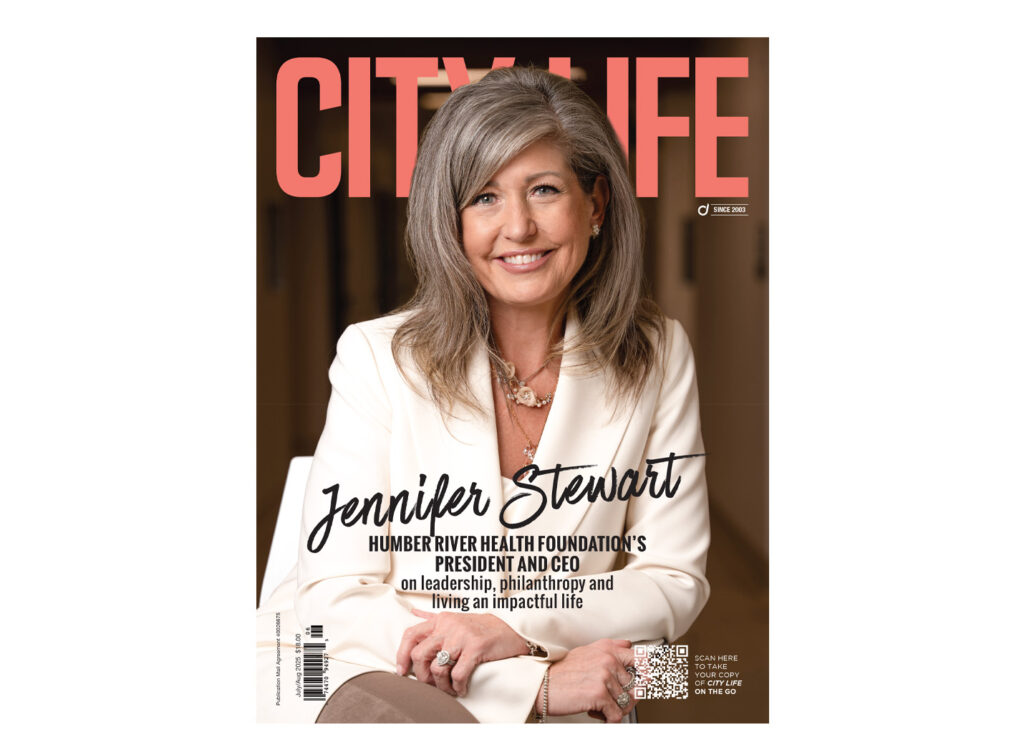








































































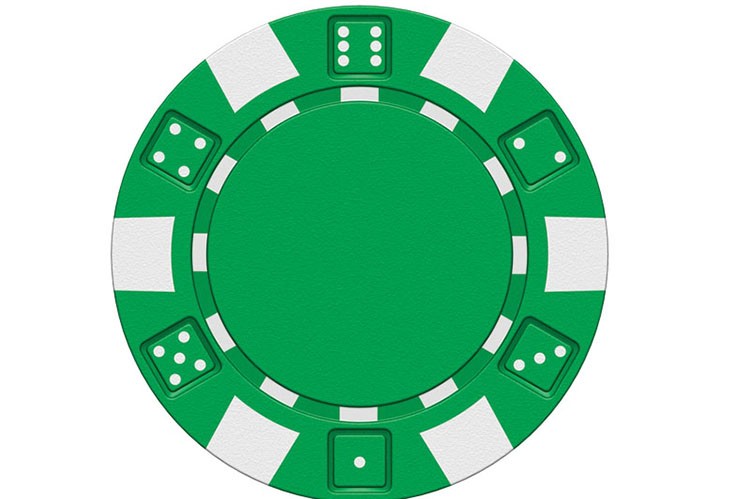
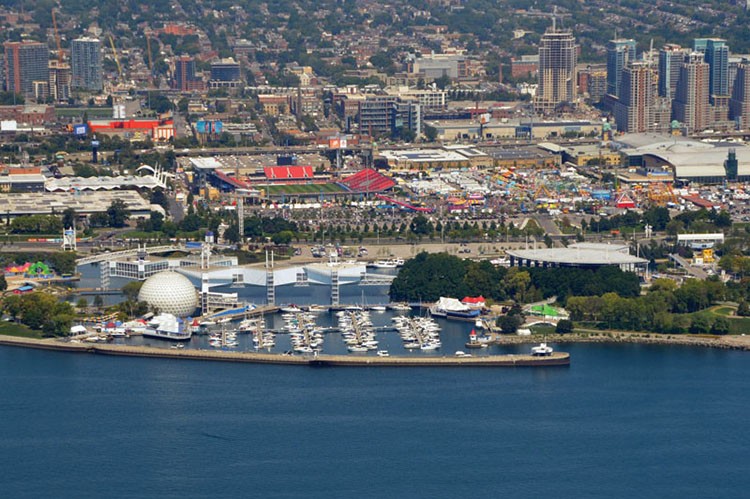
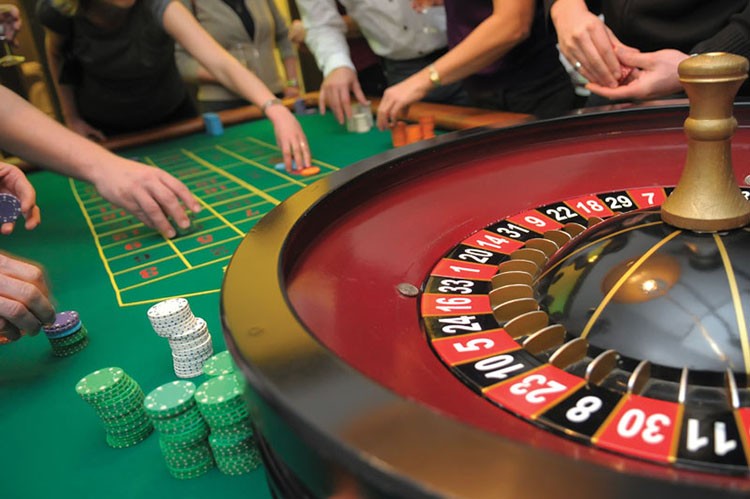
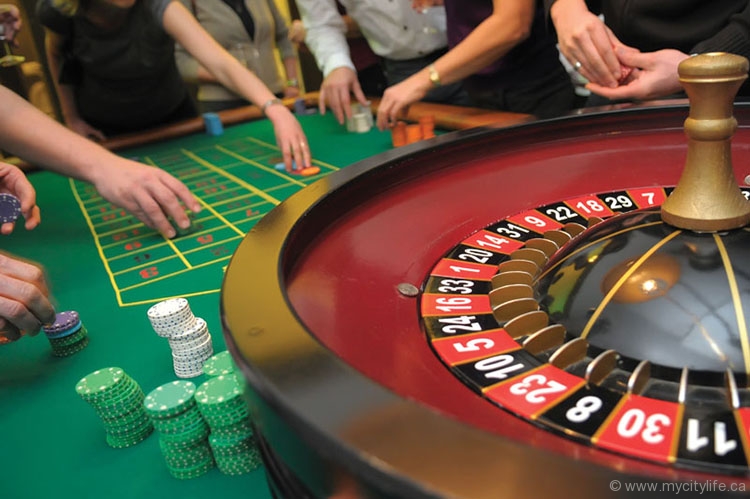






1 Comment
I heartily agree with Michael Hill’s article in the August/September issue of City Life. We DO NOT need a casino in Vaughan.